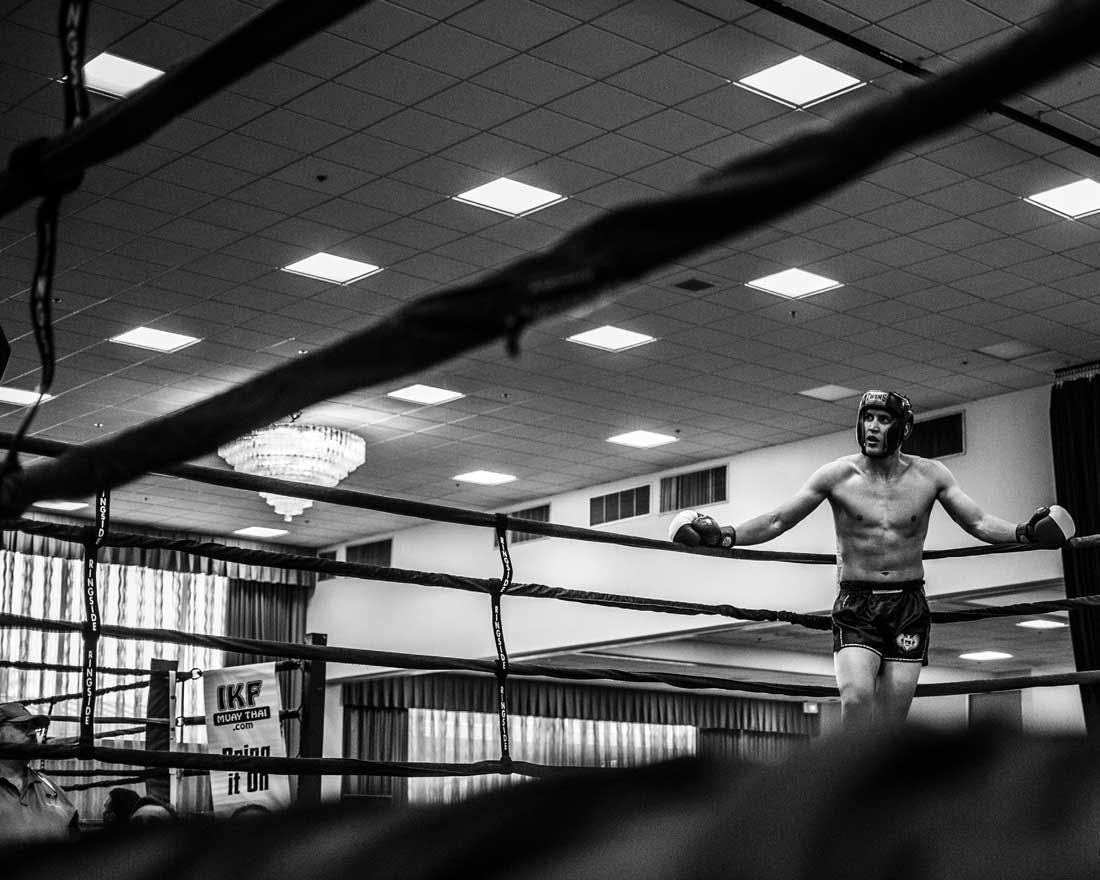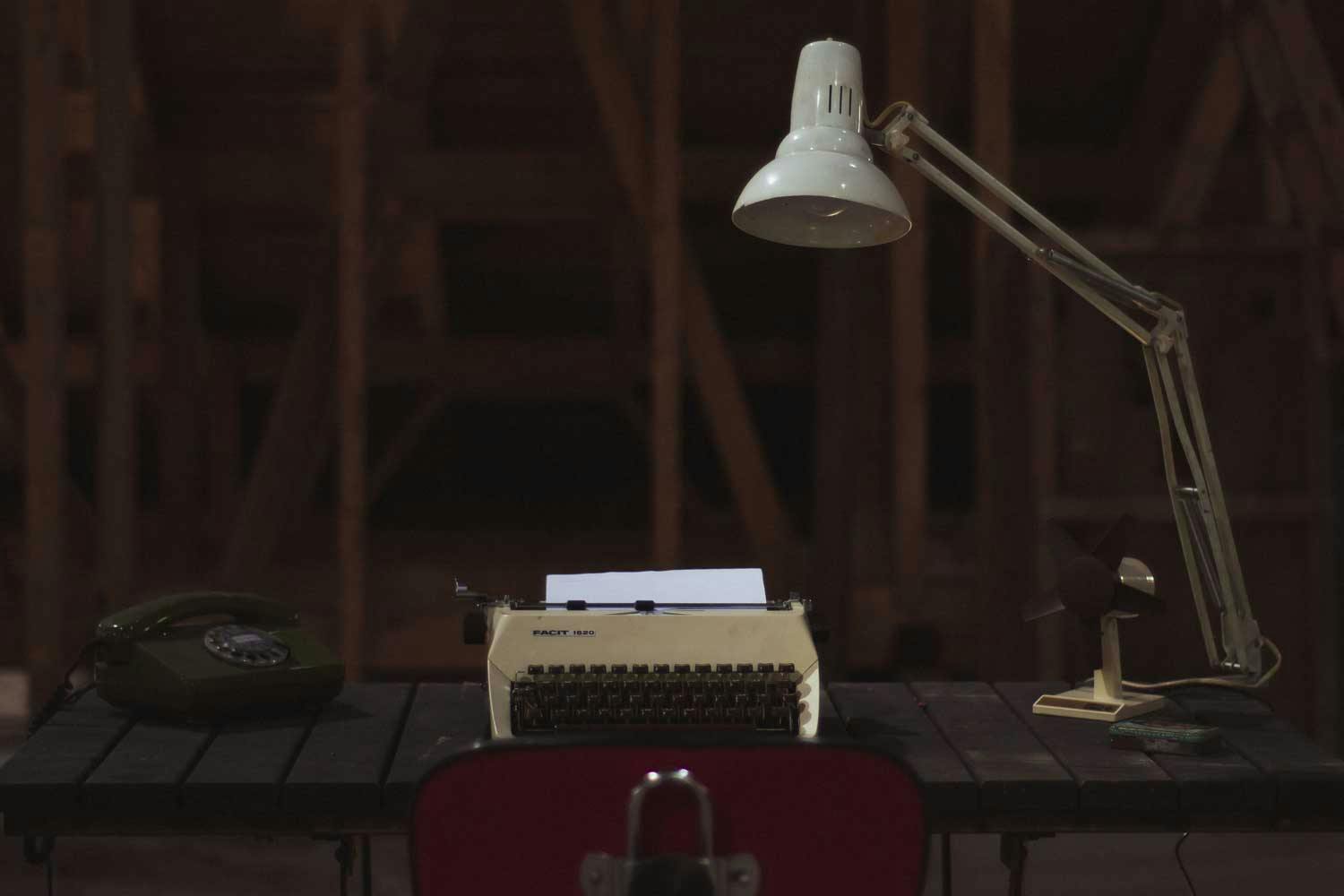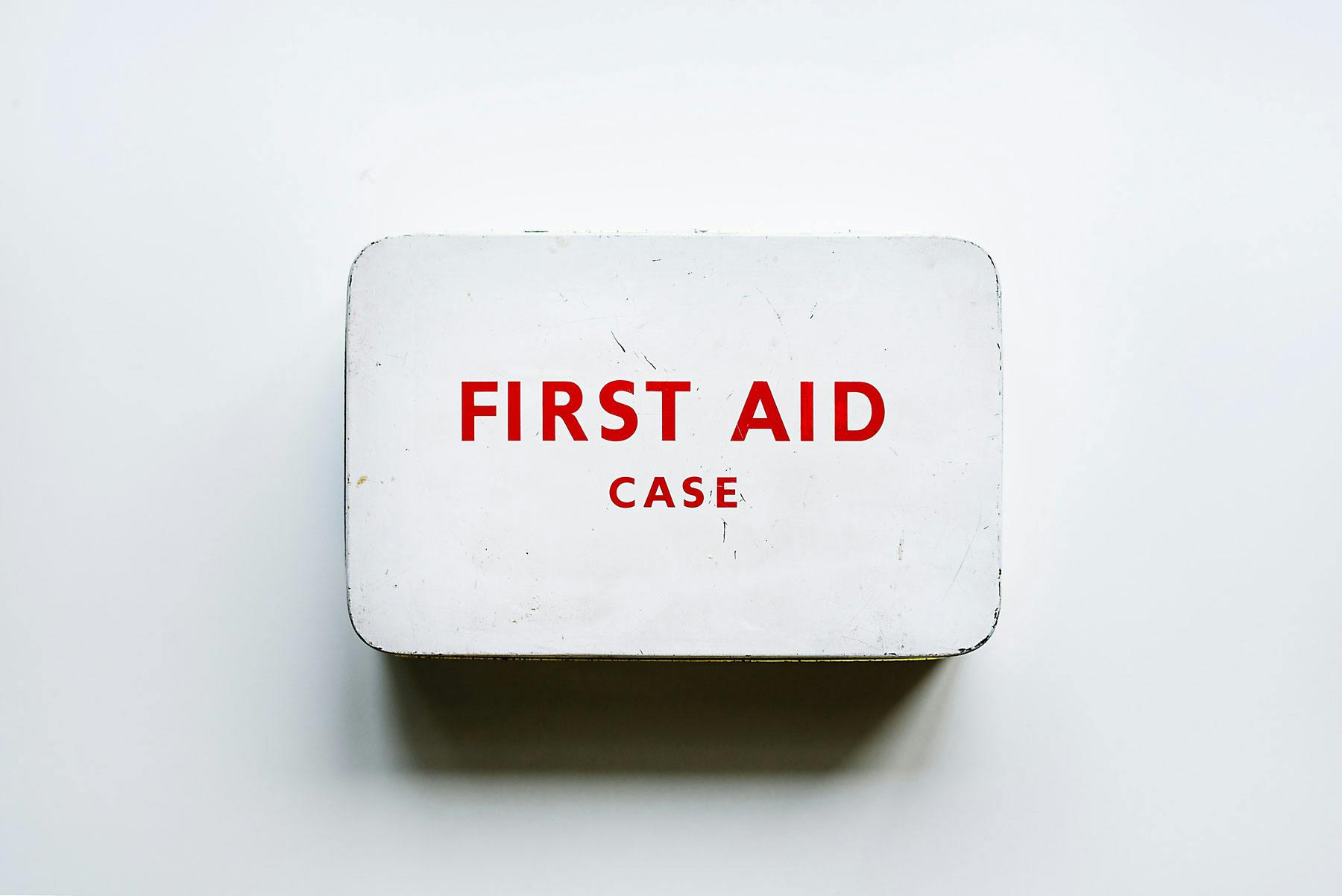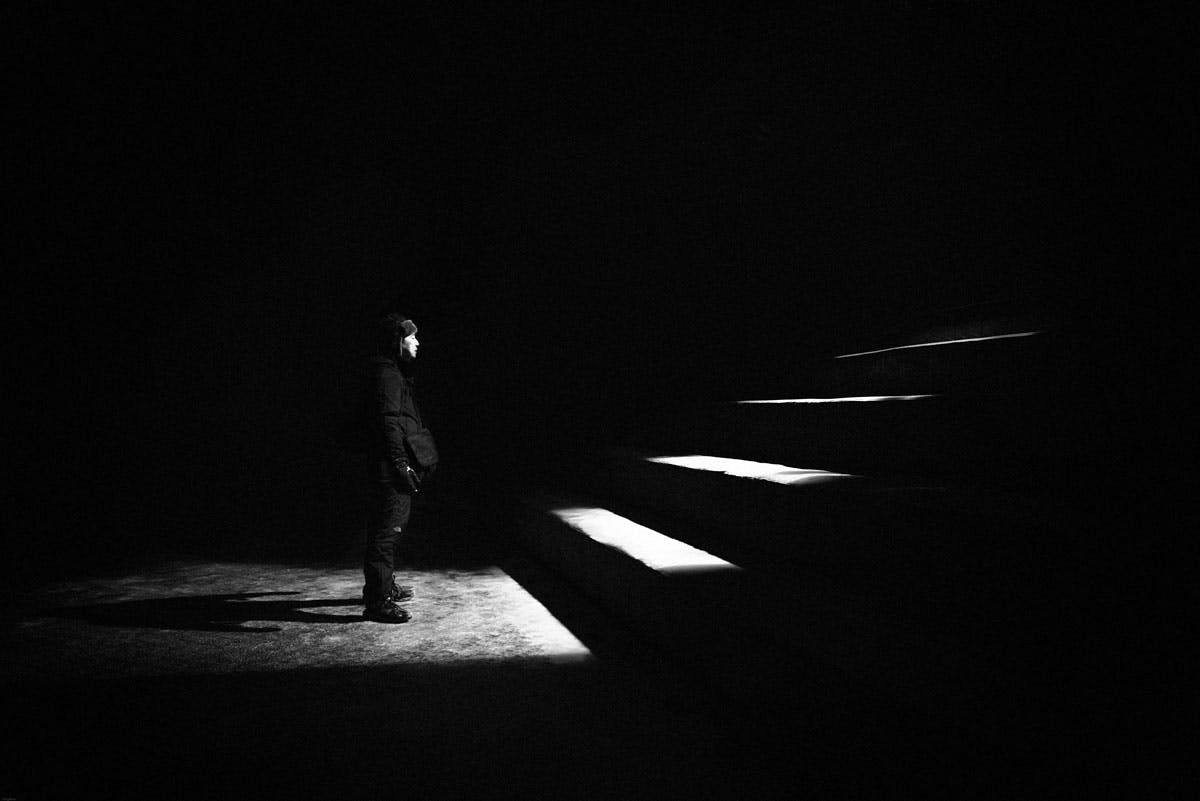
Learning how to listen to a story is just as important and learning how to tell the story. Get your Clients spinning a yarn and learn more about them.
Storytelling is the most powerful way to put ideas into the world today.Quote:
Robert McAfee Brown
I uber. Is that … is that a verb? I Uber? I Uber, you Uber, he, she, it Ubers. Yesterday we Ubered. Tomorrow I think I will be Ubering. Sounds weird. It’s quasi German, but, it feels right, feels grammatically acceptable when conjugated, I’ll go with it. I Uber.
I first started Ubering because the cab situation in Salt Lake is almost nonexistent and I don’t drive. Unlike other cities; Boston, Chicago, New York, where you can step to the curb, raise an arm or do one of those cool, two fingers in the mouth, blow your neighbor's eardrums out, whistles and get a cab, you can’t do that in Salt Lake. There are no cabs roaming the streets looking for fares, you have to call a cab company and they have to dispatch a cab, you have to wait for it. I know basically you have to do the same thing with Uber but, it seems strange to have to wait for a cab when they’re usually just there, everywhere, waiting to be used. There’s something dramatic about hailing a cab. Something romantic about kissing the girl goodbye, turning to the street, raising an arm, the cab stops, you look at her one more time and then, you’re gone. The moment is significantly less interesting when you kiss the girl, turn, call a cab and then, you have to stand in an awkward transition moment, waiting for the cab to arrive. Then it does and there’s the well, I guess … um … call me? Sure, right, okay ...that moment. Icky. So, I figure, if I have to use a device to get a ride, I may as well use Uber, it’s cheaper and I like the app. It’s like a video game where you don’t have to do anything and yet, you always win.
I usually Ubered home from bars. Late nights. Early afternoons. Mid-mornings. Sunrise. Any given Tuesday. That sort of thing. While folks were coming out of church on a late Sunday morning, I’d be Ubering home with the first blush of a fresh hangover, bless us, oh Lord and these thy gifts … Uber was a necessity as drinking was a hobby that I took very seriously. Of late I have stopped drinking and my time in bars has dropped off so has my need for Uber and yet, I still Uber whenever I can. Why do you ask?
Rear View Mirror Tchotchke.
For those who are unfamiliar with the word Tchotchke, let me explain. Sometimes it’s spelled chachka, it means; a gewgaw, bibelot, knick-knack, trinket, whatnot … a small, inexpensive trinket or souvenir. I see a lot of these hanging from rearview mirrors in cars driven by older men, younger men, women in their late forties or their early twenties, all walks of life, all social strata, all races and creeds, and aromas. There is rarely an Uber car that I get into that’s not festooned, in some way, around the rearview mirror.
I had noticed the ornaments, the beads, the hello kitty heads but I never really paid much attention to them until one day when that all changed. While waiting for my Uber to pick me up I was looking at the app and I saw that my approaching driver, Andrew, was known for great conversation. This made me happy because I like talking to strangers. What’s that old saying about strangers, “A stranger is a person who you’ve just met who, once they start talking, reveal themselves to be a sociopath.” Is that it? I don’t know. Anyway, I was looking forward to meeting Andrew and having a great conversation because it was a longish trip and few things are more awkward than sitting in a stranger’s car for an hour in complete silence. I mean, it’s not as awkward as showing up at the hospital where your ex is giving birth, running into her new husband and explaining that you just wanted to double check the timeline. That’s awkward. Anyway … Andrew showed up, I settled into the front seat of his Prius, we exchanged quick pleasantries and then … silence. Nothing. No words, No witty banter, No great conversation. For the first 20 minutes of our 75-minute ride, Andrew was doing a great impersonation of a mime, or a short, bearded giraffe. No words, just the steady, bronchial rasp of his breathing. I was feeling claustrophobic, I was starting to seriously panic. I searched my mind for something to say and then I noticed he had a tiny pair of boxing gloves hanging from his rearview mirror. I took the leap. Pointing at the gloves I said: “So, are you a boxer?”
For The Love of Stories
For me, a lover of stories and people who tell them, what happened next was a little bit of a miracle. Andrew straightened out of his driving hunch, lifted his right hand and gently touched the boxing gloves. “Not me,” he said, “my grandson. He won the golden gloves.”
Now, I like boxing, I do. I won't say I’m a huge fan, I’ve never seen a match live but, I have watched on TV, The Wide World of Sports. I watched Ali fight, Foreman, Frazier and I watched a few Tyson fights. I’ve watched boxing. I know a little about it. I know enough about boxing to drop a few terms, mention a few fighters, just enough to keep Andrew talking. Admittedly, I mentioned the gloves as a way to break the mind-numbing silence but, once he touched those gloves, talked, with audible pride, about his grandson, I wanted to know more.
“You know the golden gloves,” He asked.
“Sure,” I said, scouring my brain for any information I had about boxing history, pulling from the time I did research for a production of Golden Boy. “National Golden Gloves competition it’s the most highly regarded amateur boxing tournament in the United States. Started in 1963, I believe.” Then, I held my breath.
“Right,” he said, “but, I think it started in ‘62.”
“Right,” I conceded, “ 1962.”
What followed was a living documentary as Andrew, a lover of the sweet science, told me about all the matches he had seen. It was a flurry of familiar names like; Marciano, Dempsey, Henry Armstrong, Jack Johnson, Willie Pep and Jersey Joe Walcott.
“You saw Jersey Joe fight,” I asked, knowing of him only through a documentary I saw years ago. Andrew gave me a slow nod of pride. It was lovely. Then he told me of how his son was a troubled kid and got himself killed in a street fight in Chicago shortly after Arnie, his grandson, was born and Andrew raised the kid. He was a handful, a problem, and he told me he could see Arnie going the way of his father and then, one day, Andrew took little Arnie into a boxing gym and …
“The kid never left,” Andrew said, “he loved it, he was there from the minute school got out til the gym closed at night and I picked him up. As he got older, he’d jog home.”
When Andrew’s GPS said, in that mechanical, female voice, “drop off Paul on the left.” Andrew said with disappointment, “oh … I guess we’re here.” He seemed sad the ride had to end and I was sad the story had to end. I thanked him, we talked a minute more before I had to go, shook hands and that was it. A great ride, a wonderful story and the start of an obsession with me.
I Uber places quite a bit now and whenever there’s stuff hanging from the rearview, I ask. “What’s the story with these beads?” Or, “Where did you get that blue ribbon?” whatever is there, I ask. 8 times out of 10, the driver has a story, a tale to tell that makes the trinket significant enough to have with them in the car all the time. The stories range from; “Well, I was a bridesmaid at my girlfriend’s wedding …” to “When I got home from Vietnam …” and all manner of stories in between. When I get a ride that turns into a great story, I chalk the cost of the ride up to entertainment. When there’s no story then I’m just paying to go from point A to point B and that’s okay too.

We All Tell Stories
What’s the point of this? We are, in this business, in this life, storytellers. We tell brand stories, we tell stories about what the future will be like with your new website or app. We tell stories of hope, of humor, of the endlessly possible. How do you learn to tell stories? Well, the best way, the easiest way, is to listen. An older gent who spent his life in the insurance game is going to tell a story differently from a twenty-something bartender. A working Mom tells a very different story than a college party girl. Each one has a specific voice, a unique manner, and an interesting story. When you listen to a person tell a story you learn more about them than you do about the subject of the story. You catch repeated phrases, you understand what they found important, what they find puzzling or funny. And when you really listen, you can learn about what they want when they tell the story. Do they want you to think they’re cool, smart, sophisticated? Do they want you to understand what their loss feels like, why they are still happily married after 43 years? When you can decipher what it is someone wants, you can get to the heart of their need and you can make your time with them more meaningful and, perhaps, more lucrative for you to your business.

Learning how to listen to a story is just as important and learning how to tell the story. Like Andrew and I talking about boxing, you can learn enough from listening to a client’s story to keep them talking, keep them revealing and making communication go deeper without pulling teeth. Sometimes you’ll find, after a meeting with a client, despite all your questions, you still know nothing about them. However, if you can get them telling a story, everything might become much more clear.
The next time you hop into an Uber, forget looking at your phone, look around, look at the rearview Tchotchka and invite a story, see where it goes, see what you learn and then, see how it changes your stories. We’re all telling stories, the ones who do it best keep the audience wrapped longer and once you have the audience, there’s nothing you can’t do.

